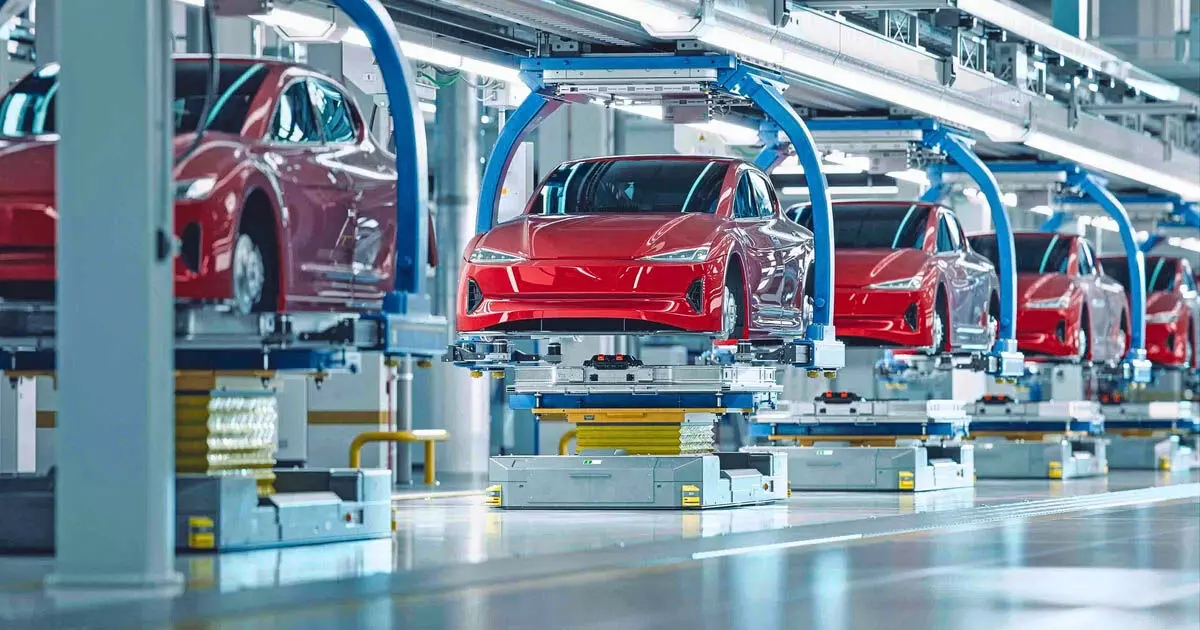Business Business: Carmaker Kia Motors announced on Friday that it has completed the construction of Hyundai Motor Group’s first electric vehicle production facility with an annual production capacity of 150,000 vehicles. Kia Motors held a ceremony to celebrate the completion of the Kia Gwangmyeong EVO Factory at Kia Autoland in Gwangmyeong City, south of Seoul, which is responsible for mass production of the new Kia model EV3 and the next model EV4. Kia Motors announced that it invested 401.6 billion won (US$304.2 million) in the 60,000 square meter facility,
which was completely renovated on the site of an existing factory to support the production of the company’s next generation of vehicles to help the company get up to speed. The event was attended by about 150 guests, including Kia Motors Executive Vice President and Domestic Production Manager Choi Joon-young and Gwangmyeong Mayor Park Seong-won. The EVO factory was built with the motto of bringing maximum change with minimum detail, taking into account environmental factors such as the city center location and the protection of green spaces.
In addition, we have built a factory that is environmentally friendly, employee friendly and incorporates full electrification.
Mass production of the brand’s EV3 compact all-electric SUV began in the first half of this year. Kia plans to launch the brand’s next mid-size electric sedan, the EV4, in the first half of 2025. In his welcome speech, Mr. Choi said the completion of the plan “represents Kia’s first step as the electric vehicle market leader after the brand’s relaunch in 2021.” He added, “With the aim of providing sustainable mobility solutions, we aim to fulfill our responsibility to lead innovation in the electric vehicle market and contribute to achieving a sustainable future.” Meanwhile, Hyundai Motors and Kia Motors have launched a joint project to develop cathode material technology to produce LFP (lithium iron phosphate) batteries for electric vehicles. The aim of this joint project, which also involves Hyundai Steel and EcoPro BMW, is to develop a technology for direct synthesis of materials without any additional cost.
